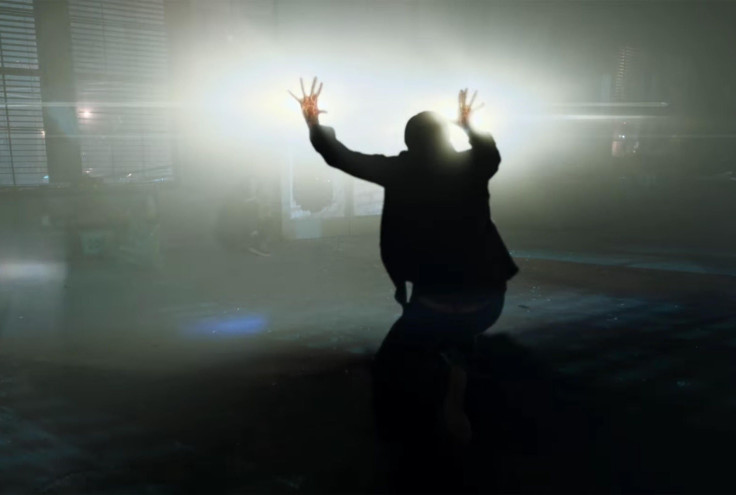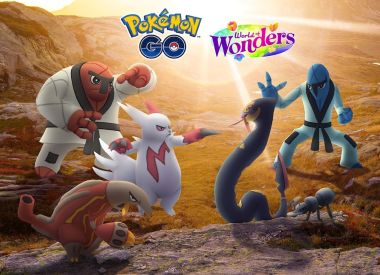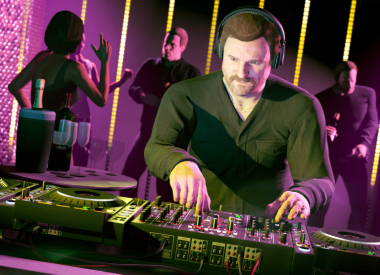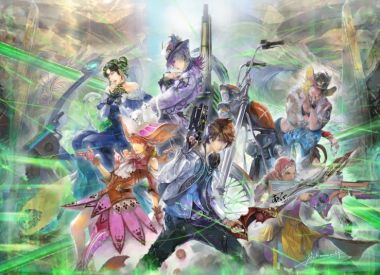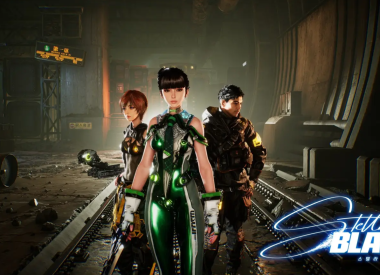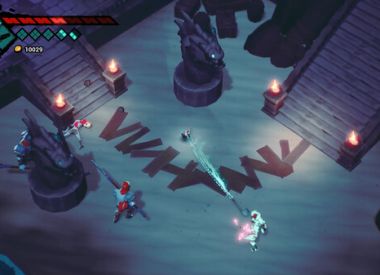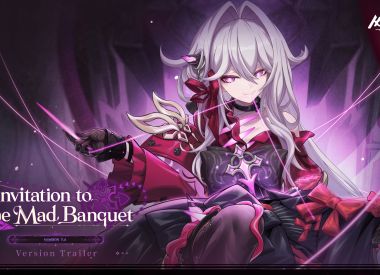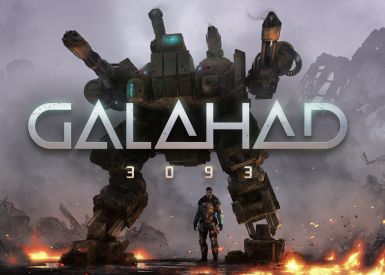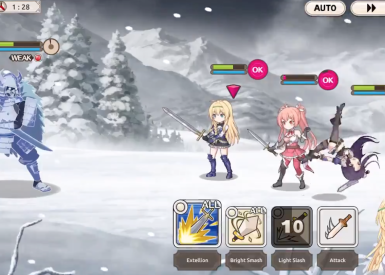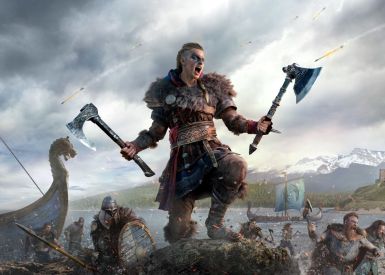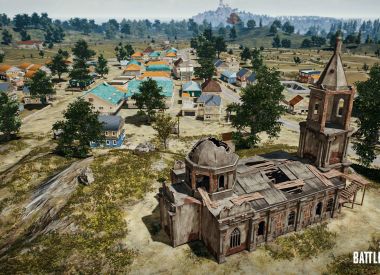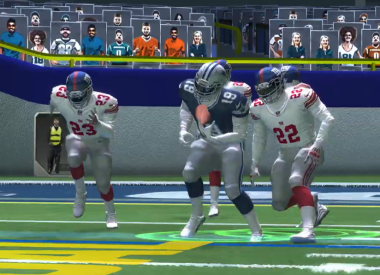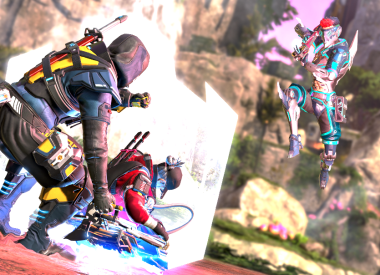The themes of racism, discrimination and civil rights at the heart of the X-Men comics do not escape The Gifted. The Fox series, where nobody knows if the X-Men and The Brotherhood of Mutants exist anymore, explores the systematic mistreatment of mutants.
The main characters introduced in episode 1 are the Strucker family. Reed is the father, a federal prosecutor actively participating in the oppression of mutants. But when the mother, Caitlin, discovers both her kids -- Andy and Lauren -- are mutants, their lives change immediately.
The parallels to discrimination in the United States today are visible in the first five minutes. Sentinels Services hunt down mutants deemed violent and dangerous by the state and colloquially referred to as “muties.” Lauren makes it clear just how racist the term is, just like in the comics. “Racist much?” she tells her brother when he uses the word, who at the time doesn't know he’s a mutant.
The Gifted also quickly introduces us to the Mutant Underground, inspired by the Underground Railroad. It wasn’t a coincidence we heard Nina Simone singing, “I’m just a soul whose intentions are good. Oh lord, please don’t let me be misunderstood,” a song often associated with the Civil Rights Movement, when Reed meets with Marcos, the leader of the Mutant Underground, for the first time.
Discrimination within the criminal justice system is everpresent in the series, and we see this through the internal struggle of Reed’s character. It doesn’t help that the name Strucker probably derives from Baron Von Strucker, a white supremacist HYDRA leader we’ve seen throughout the Marvel Universe.
“Dad puts people like us in jail,” Andy tells his mother after an incident at school where he discovers he’s a mutant and unwittingly ends up hurting dozens of kids. Caitlin says “only the ones who hurt people,” to which Andy responds, “You mean the ones like me?”
That isn’t the first time Reed’s agenda is questioned, either. When we first meet him, he’s interrogating Polaris (the daughter of Magneto in the comics). In one of the many visceral scenes in the first episode, we see Polaris tased and dragged away by police. She ends up in the mutant section of the jail and receives enhanced sentencing for simply using her abilities, even though she did so as a means of self defense. When Reed informs her she is pregnant, Polaris panics, assuming the government will abort her child, who likely carries the X-gene.
The Sentinel Services is basically like if you put all the corrupt cops and the systemic injustices of law enforcement in one department. Officers barge into the mutants’ houses without evidence or a warrant if they suspect a crime or see someone using their powers. At one point after Reed reaches out to Marcos and the Mutant Underground to help his family, Sentinal Services has them all surrounded.
An agent screams, “No negotiations.” Strucker naively shouts back, “We are Americans! We have rights.” Not so much -- it’s clear mutant lives don’t matter. The group barely escapes with their lives as the officers fire rounds and let their deadly drones loose.
Later, Strucker’s wife asks him if he knew mutants faced this severe oppression and he responds, “I knew it wasn’t easy.” The series even touches on immigration law when the family decides they have to go to Mexico where the mutant laws are looser.
It’s not the same well-worn superhero story, where the kids slowly develop their powers over time against a high school backdrop. The world's hatred of mutants becomes terrifyingly clear to Andy just moments after he uses his powers for the first time. The entire family is on the run from persecution by halfway through the first episode. It’s one of the most emotionally intense premieres of any comic book adaptation out there.
While we still don't know exactly what happened to the Brotherhood of Mutants and the X-Men, the interesting dynamic between the two groups is suggested to be similar to the comics.
“The mutants were fighting each other,” Strucker whispers to Caitlin, referencing the philosophical differences between Magneto and Professor X explored in the comics and in films, a dynamic with parallels to the relationship between Malcolm X and Martin Luther King Jr. Strucker adds, “They had to do something,” echoing conservative responses to so-called ‘black on black crime’ and the inhumane sentencing that led to minorities becoming the majority of America’s prisoners.
All of these small pieces of dialogue speak to larger issues in America’s history of racism. The Gifted is not shy to bring up difficult subjects, presumably to a largely white audience. However, it will be interesting to see if the average fan actually notices the parallels and if Fox commits to challenging America’s narrative of racial inequality beyond the first episode.
The Gifted airs Mondays at 9 p.m. EDT.

